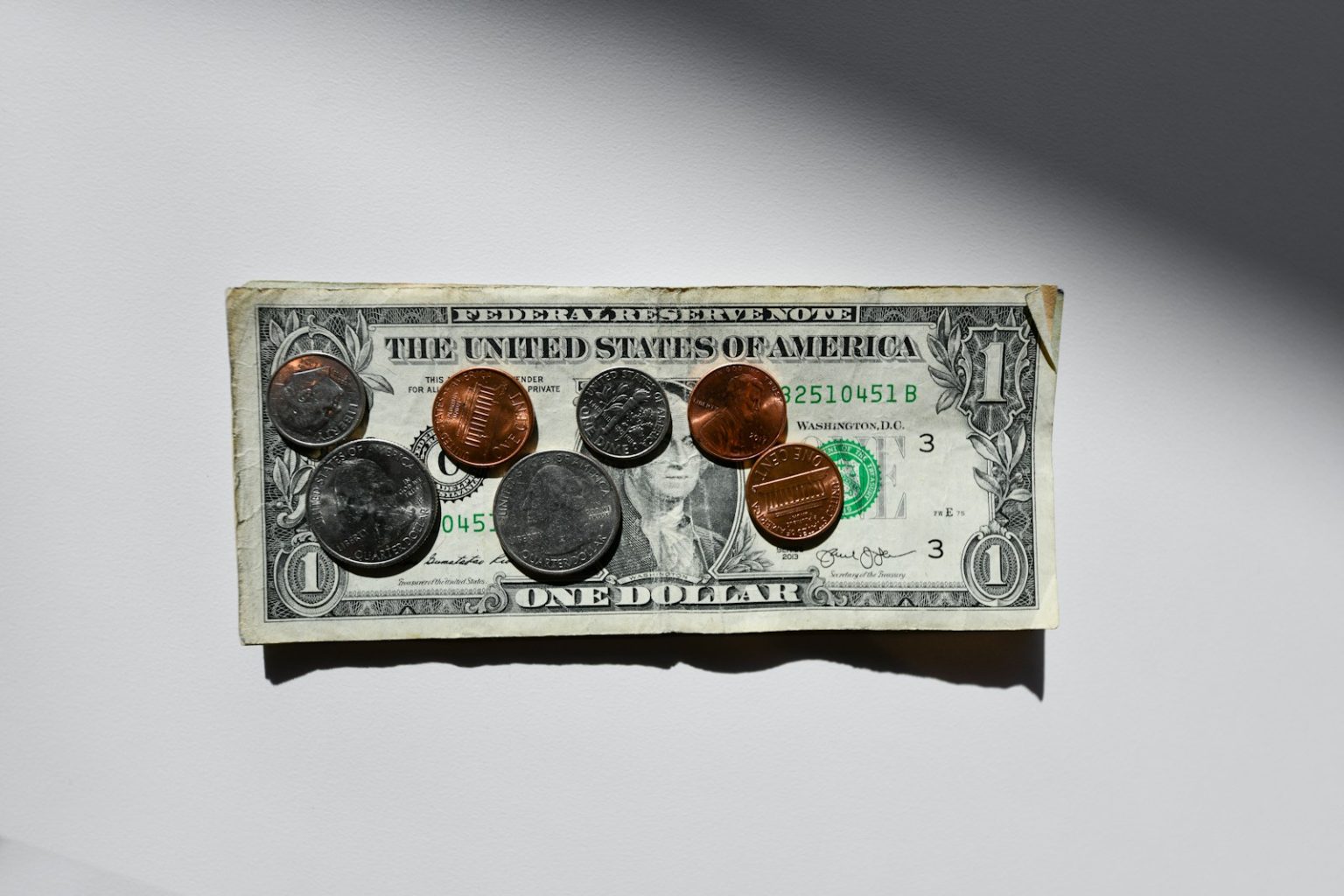A “low-buy” year is trending for a good reason. It can have a positive impact on not only your finances but also your mental health. This modified version of previously popular spending challenges attracts a wider audience who finds the flexible approach more accessible and manageable.
Money isn’t just about numbers. Dr. Clifton Berwise, a clinical psychologist, explains that money is tied to our sense of security, our goals, and even our identity. Spending habits can impact mental health in multiple ways.
“Overconsumption and mental health are deeply connected, often creating a cycle where emotions drive spending, and that spending impacts our well-being,” he said. “Feelings like sadness, shame, or excitement can lead to impulsive purchases that seem harmless in the moment but can result in long-term financial stress and emotional strain. Over time, this can fuel guilt, anxiety, and a sense of losing control.”
These challenges allow people to take back control over their finances by spending mindfully or focusing on saving.
Managing finances for mental health
One TikTok user shared her low-buy “rules” that included limiting coffee runs to two times a week, not using takeout apps, and avoiding the purchase of novelty kitchen gadgets. Another user planned to unsubscribe from paid apps and reduce streaming services but still allowed spending on family activities like zoo or museum visits.
Another post focused on avoiding specific items and services, opting for free alternatives such as trimming hair at home, using old mugs, and borrowing books from the library. “Taking control of your finances can help you feel more in control of your life overall, and that sense of control is incredibly important for mental well-being,” Berwise said. A big part of financial stress comes from focusing on things we can’t control — like rising prices or taxes.
But when we shift our focus to what is within our control, like budgeting intentionally and creating realistic financial plans, it can be empowering.”
Low-buy challenges also provide an opportunity to connect with activities and hobbies that don’t involve spending. For example, having a board game night with friends, reading a long-ignored book, or connecting with nature instead of strolling around a store. To start a low-buy challenge, Berwise suggests setting a realistic goal, starting with a monthly goal rather than a year-long one.
He also emphasizes focusing on progress rather than perfection and tracking your progress. “Successfully completing these challenges triggers the release of brain chemicals like dopamine and serotonin that signal happiness and calm and reduce feelings of stress,” he noted.







